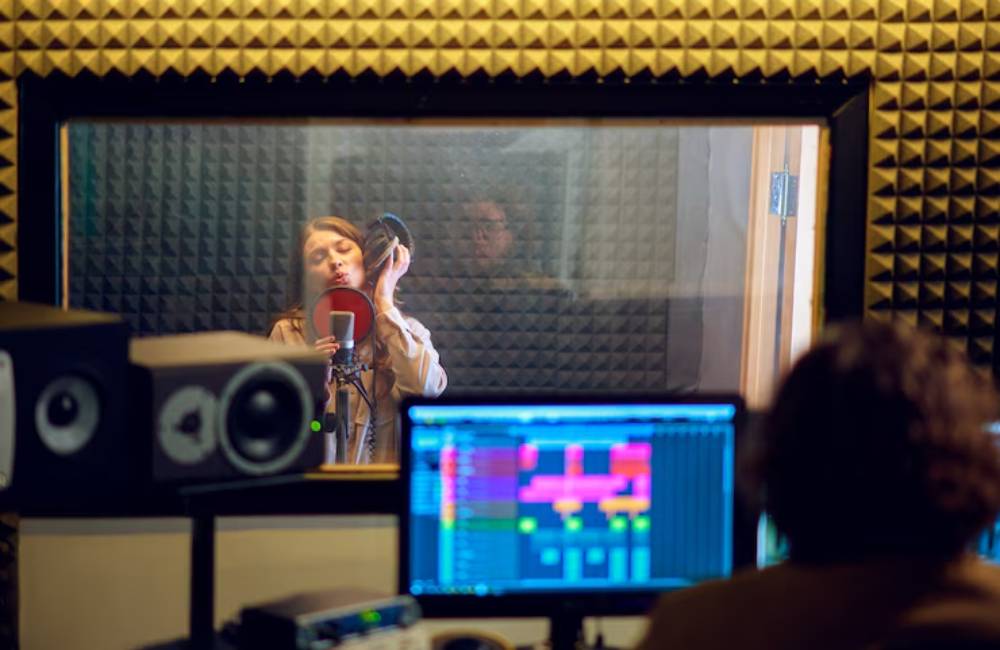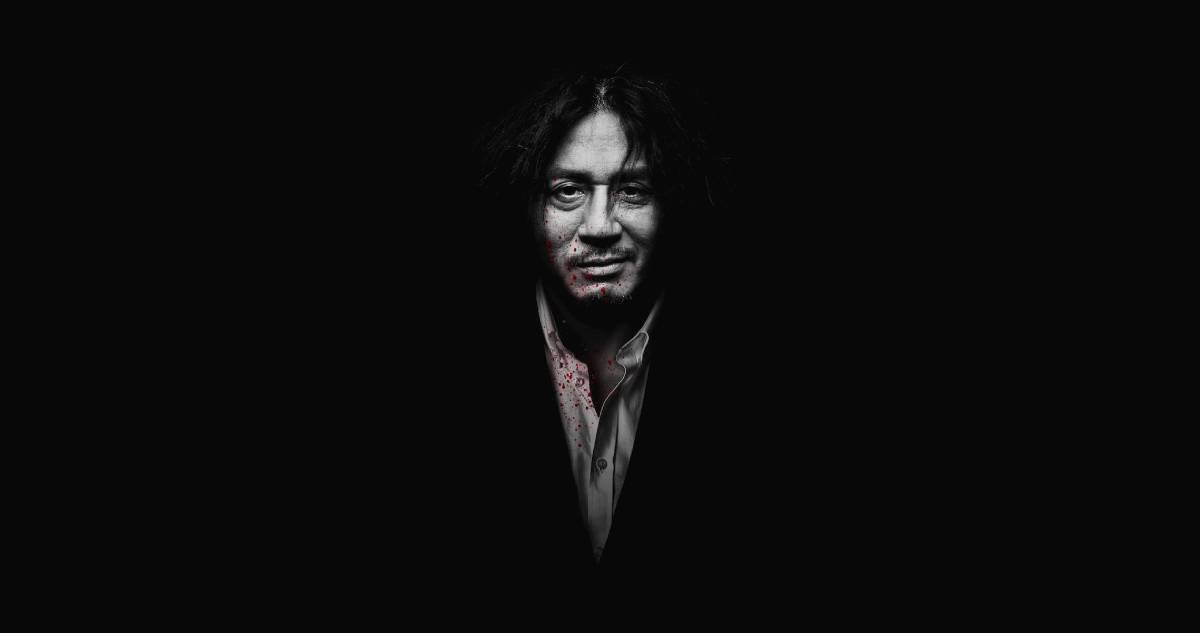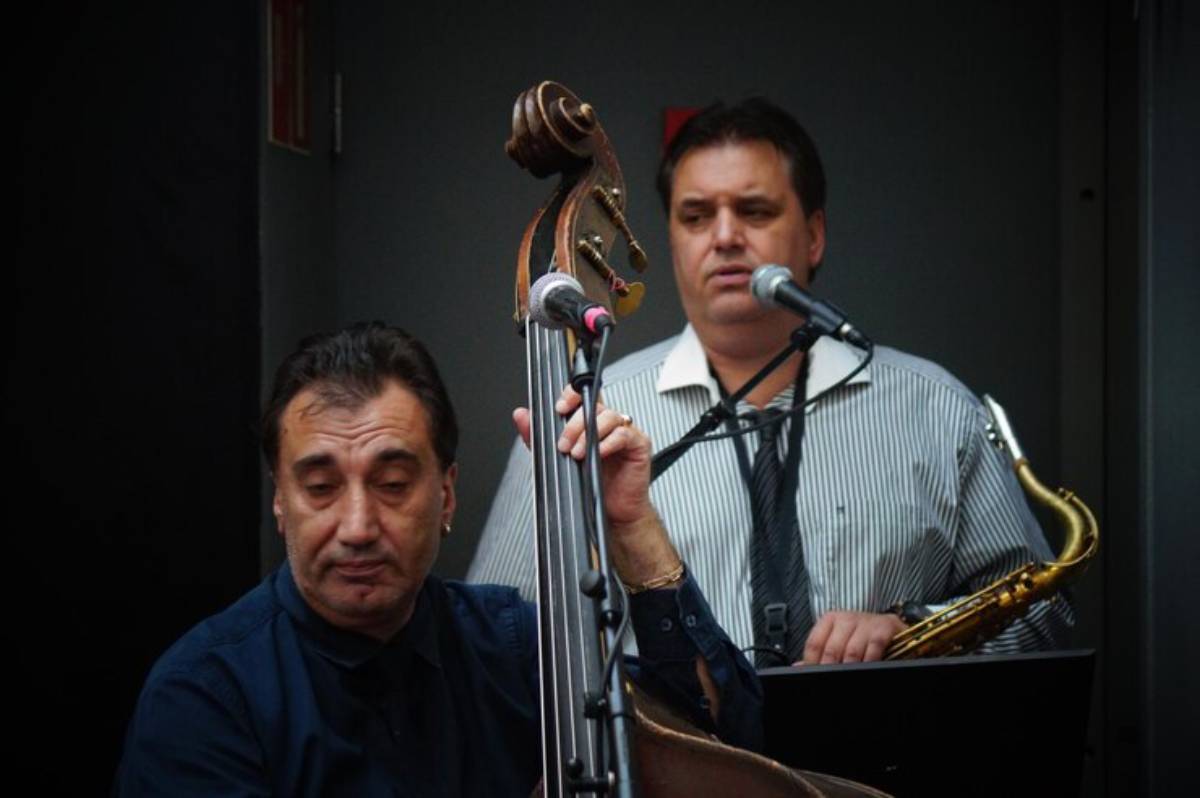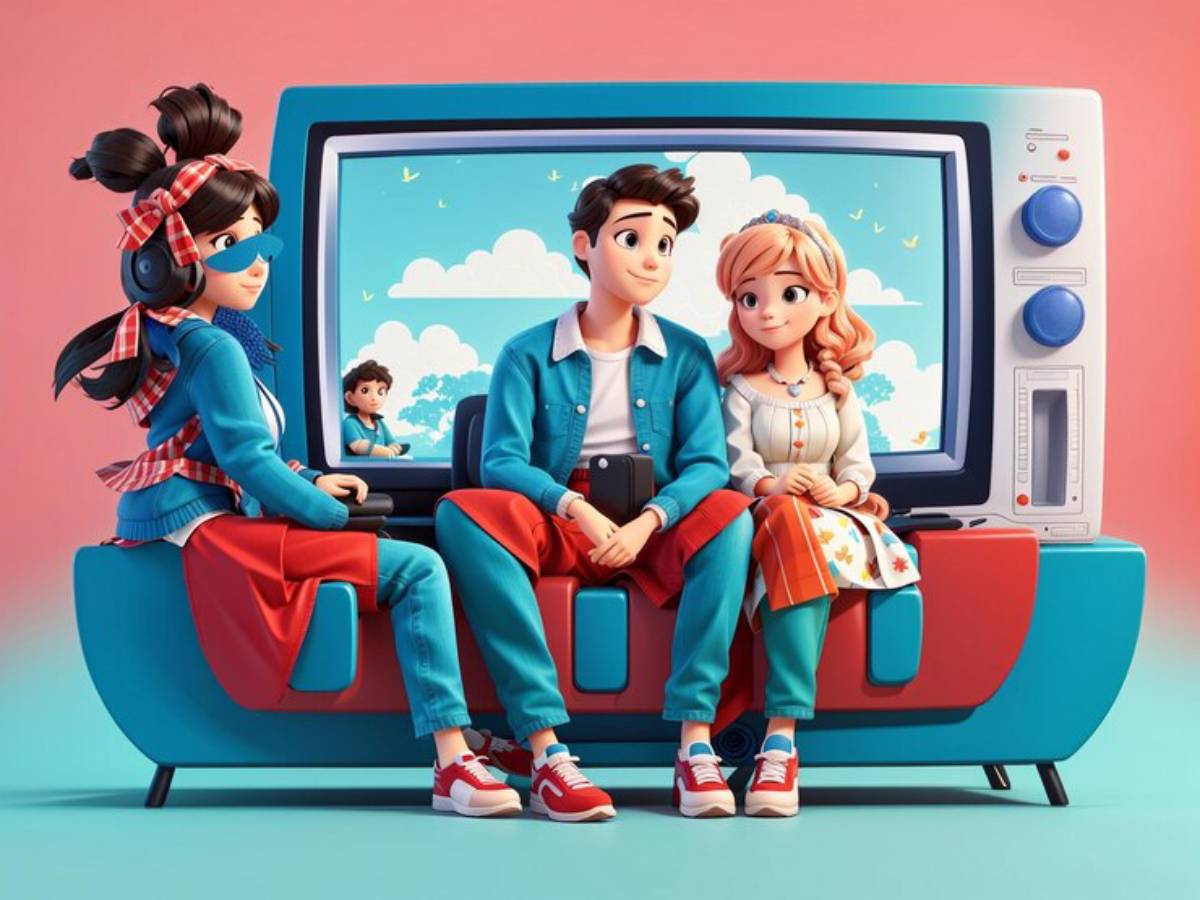
The Power of Soundtracks in Storytelling
In film and TV, visuals grab our attention first. But it’s the soundtracks that really stick with us. The power of soundtracks in storytelling is undeniable, and their role extends far beyond mere background music. They shape emotions and boost stories. They also create an immersive experience that visuals alone can’t provide. This blog looks at how movie soundtracks and TV music shape storytelling. It explores their importance and the deep impact they have.
The Importance of Soundtracks in Film and TV

Soundtracks are not just an accessory to films and television series. They are an integral part of the storytelling process. Music in film and TV is powerful. It can stir feelings, create atmosphere, and hint at what’s to come. A great soundtrack can turn a simple scene into a strong moment. It leaves audiences with a lasting memory.
Emotional Resonance
Soundtracks play a key role in storytelling. They can stir strong emotions. Music connects deeply with our feelings. When combined with visual storytelling, it boosts the emotional power of a scene. Music shapes the audience’s feelings. It swells during romantic moments and beats tense in suspenseful scenes.
Setting the Tone
Soundtracks also play a crucial role in setting the tone of a film or TV series. Music sets the mood and atmosphere from the opening credits to the closing scenes. A haunting melody can bring feelings of fear. In contrast, an upbeat tune often sparks joy and adventure. By setting the tone, soundtracks help to immerse the audience in the story’s world.
Narrative Enhancement
Beyond emotions and tone, soundtracks enhance the narrative of a story. They can give hints about a character’s thoughts or suggest future plot twists. Sometimes, music acts like a character. It pushes the story along and adds depth to the narrative.
Real-Life Applications and Data-Backed Insights
The impact of soundtracks in storytelling is not just theoretical. It’s backed by real-life examples and data. Music greatly affects how people see and remember a story. A study in the Journal of Experimental Psychology found that music helps memory and emotions. This makes stories easier to remember.
Iconic Movie Soundtracks
Some of the most iconic films in history owe part of their success to their soundtracks. Consider the chilling theme of “Jaws” by John Williams, which has become synonymous with suspense and danger. The epic score of “Star Wars” is a cultural icon. Its themes are instantly recognizable to audiences around the globe.
TV Series Music and Its Impact
TV series music also plays a vital role in storytelling. Shows like “Game of Thrones” and “Stranger Things” have used music to create a distinct identity and enhance their narratives. The opening theme of “Game of Thrones,” by Ramin Djawadi, introduces the epic fantasy world. Meanwhile, the 80s-inspired soundtrack of “Stranger Things” creates an eerie, mysterious vibe.
Expert Tips and Common Mistakes to Avoid
Creating a compelling soundtrack requires careful consideration and expertise. Here are some expert tips for leveraging the power of music in film and TV:
Best Practices

- Match Music to Story Themes: Make sure the soundtrack fits the story and boosts the narrative. Music should complement the visuals and add depth to the storytelling.
- Use Music to Build Tension: Music is a powerful tool for building tension and suspense. Use it strategically to heighten dramatic moments and keep audiences on the edge of their seats.
- Create Memorable Themes: Iconic themes become synonymous with a film or TV series. Invest in creating memorable musical motifs that resonate with audiences long after the credits roll.
Common Mistakes
- Overusing Music: While music is essential, overusing it can dilute its impact. Avoid constant background music and allow moments of silence to create contrast and highlight key scenes.
- Ignoring Cultural Context: Music is deeply tied to culture, and ignoring this context can lead to dissonance. Think about how music choices matter to connect with the audience.
- Neglecting Sound Design: Soundtracks are just one aspect of a film or TV series sound design. Neglecting other elements, such as sound effects and dialogue, can lead to an unbalanced audio experience.
Advanced Insights and Expert Recommendations
If you want to explore soundtracks more, check out these expert tips and suggestions:
The Role of Leitmotifs
Leitmotifs are recurring musical themes associated with specific characters, places, or ideas. They are a strong storytelling tool. Composers can use them to create musical flow in a story. John Williams uses leitmotifs in “Star Wars” brilliantly. Each character has a unique musical theme that grows with their story.
Collaboration with Directors
Successful soundtracks often result from close collaboration between composers and directors. This partnership makes sure the music matches the director’s vision and boosts the storytelling. Composers need to join the production process early. This way, they can help create a smooth audio-visual experience.
Embracing Technology
Advancements in technology have opened new possibilities for soundtrack creation. Composers can now use digital instruments and new recording techniques. They can also play with soundscapes. This helps them create unique and immersive soundtracks. Embracing these technologies can lead to groundbreaking musical experiences.
Conclusion: The Lasting Impact of Soundtracks
In conclusion, the power of soundtracks in storytelling is immense. They are not just an accompaniment to visuals but a vital component of the narrative itself. Soundtracks are key to film and TV. They evoke emotions, set the tone, and enhance the story. This makes experiences memorable and impactful.
As audiences, we may not always consciously notice the music. Its influence is undeniable. Next time you watch a movie or show, listen to the soundtrack. Notice how it affects your experience. Soundtracks can take us to new worlds. Whether it’s a blockbuster movie theme or a subtle TV score, they leave a lasting impression.
As creators, embracing the power of music in film and TV can elevate storytelling to new heights. Filmmakers and composers can create powerful stories by understanding soundtracks. When they use sound well, it helps connect with audiences deeply. So, the next time you embark on a storytelling journey, remember the power of soundtracks and let the music guide you.
What are your favourite movie soundtracks or TV series music themes? Share your thoughts. Join the conversation on the power of soundtracks in storytelling.


